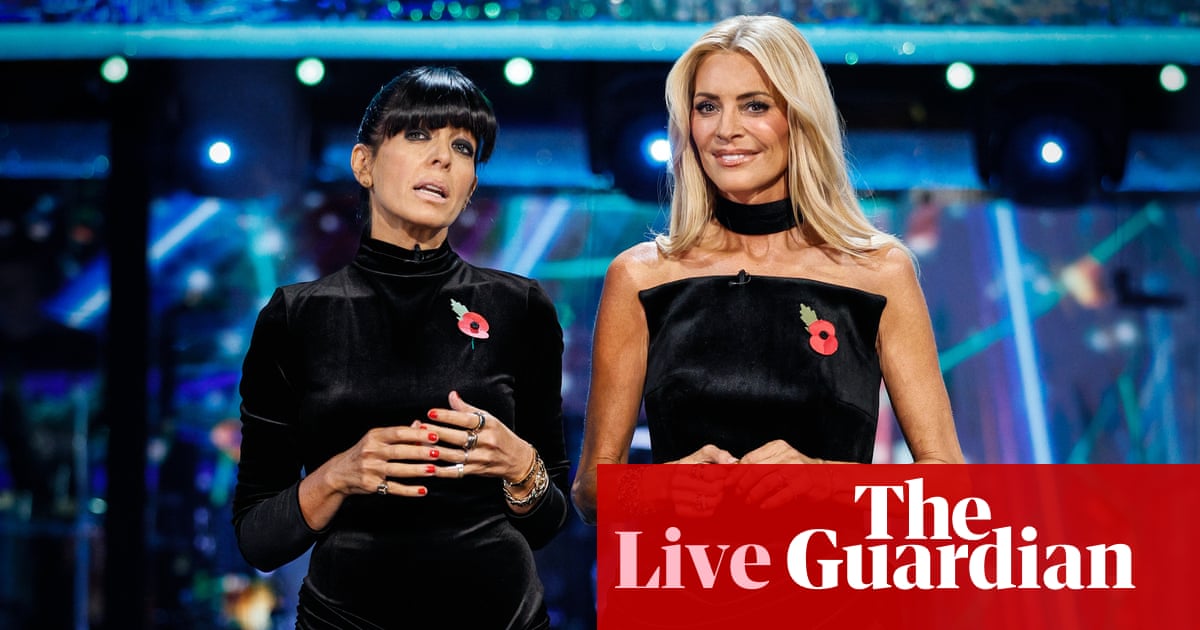It’s great to see that there are young men who are actively looking for alternatives to the kinds of masculinities displayed online (I’m a teenager who was lured into the manosphere. Here’s how to reach young men like me, 2 November). But to me, Josh Sargent’s article is about more than just the manosphere. It’s about the platforms that facilitate it, and how social media diverts attention away from things like reading and toward things that largely don’t matter. Josh says it himself: “in fairness, short-form content is slightly more engaging than Macbeth quotation flashcards”. That’s truly worrying.
It’s true that the education system can and should do better, but I also think we need reminding that young people have always felt alienated from the education system. They have always been disillusioned, with feelings of being ignored and misunderstood, and I think many young men today forget that. It isn’t just them. John Hughes made an entire career of writing about disillusioned youth and the pressures to conform to expectations around masculinity and femininity (women have long endured the pressures of not being “feminine” enough, of “failing” as mothers, as women etc). It’s taken a long time for alternatives to emerge, and we’re still not there yet. So what frustrates me most about the idea of toxic masculinity is that (some) men think that their trials are somehow unique, so they lash out at women.
To Josh and others, I say: get off TikTok. It may not be the sole cause of the manosphere, but it feeds on it. Social media itself is toxic: it prioritises that which is trivial and shallow. Instead, young men (and everybody) should be trying to regain their attention spans. Go and read East of Eden. Go and read The Brothers Karamazov. And while you’re at it, read The Handmaid’s Tale. Ignore the static that is social media and turn that disillusionment into art.
Siobhan Lyons
Media and cultural studies scholar, Sydney, Australia
I was not at all surprised to read Josh Sargent’s recommendations for how to reach young men like him. Having worked with young men in the north-east of England for the past decade, I see the same disillusionment and uncertainty that Josh describes – yet the media insist on reading this only as misogyny and toxicity. Ten years ago I argued that we needed to stop talking about a “crisis in masculinity”. We didn’t stop: we just replaced the word crisis with toxic. Now we call boys “lost”.
Josh writes: “I can promise you, we’re not lost. We’re just waiting for you to hear us.” Well said. But the onus should not be on boys to say this louder. It should be on the rest of us to listen better.
Talk of crisis, toxicity and being lost is not only unhelpful – it strengthens the very voices it claims to oppose. The manosphere tells young men they will not be seen, heard or valued. So stop doing their work for them. If young men are struggling with money, meaning and manhood, then make these legitimate topics of public conversation – not shameful private ones. The only way to prise anxieties about the size of pecs, penises and pay packets away from the steroid-fuelled manosphere is to make it socially normal for young men to talk about them in the open. Young men do not need to be rescued. They need to be taken seriously.
Dr Michael J Richardson
Senior lecturer in human geography, Newcastle University
As the mother of a 17-year-old lad, I was interested to read Josh Sargent’s article on masculinity. I popped upstairs to interrupt the gaming and gather the views of his seven male friends aged 17 to 19. Most are studying practical trades at college or apprenticeships, the rest working in factories. What follows is a summary of what they told me.
Yes, they do see “toxic” and “masculinity” are paired together online. They observed that “many girls are tret like shit by men” and that “large muscular blokes who want to fight” are examples of toxic masculinity. No approval of these was voiced.
They noted that being masculine is not a bad thing, although it has changed, and some girls can be masculine and some boys they know are quite feminine. They wondered why there needs to be labels for everything, when all kinds of people can be toxic.
Identifying male role models fell rather flat, with only action film actors named by one lad. They felt Grimsby/Cleethorpes fairly well supplied with youth activities, with great respect for The Trin (sports and community activities), and interest in the new Horizon centre which is opening soon. They felt schools to be too strict, and that kids with unidentified needs are labelled naughty and put in isolation all day and learn nothing. One observed that schools look like they did 100 years ago and what people need to learn has moved on.
They read this letter through and approved it for me to send. I was impressed by the nuance to their thinking and have less to worry about now that I understand more. I’m glad our area has some funding for some youth activities. Josh Sargent was right – open and honest conversation with boys is what is needed.
Vicky Dunn
Grimsby, Lincolnshire

 2 hours ago
7
2 hours ago
7

















































